As someone who’s been a student, teacher, and practitioner of meditation for 47 years, Sharon Salzberg has been involved in the practice since long before meditation was widely known. After studying in India and under several experienced teachers, Sharon has gone on to write several books (something she never thought she could do) and teach meditation classes (something else she never thought she would do). That’s one of her big messages—that ultimately, you can do anything you want to do as long as you believe you can do it.
Your Thoughts Aren’t Who You Are
Too often, we let our thoughts get in the way—of experiences, of achievements, of self-compassion. We all have that nagging voice inside our brains that tell us we can’t, we’re not good enough, we might as well quit, etc. In fact, Sharon has named her inner voice Lucy, as in Lucy from “Peanuts.”
Giving your inner critic a persona, Sharon says, can help you learn how to relate to it. It’s important not to let that voice bully you, but neither should you resist or accept it. Being mindfully aware of that critic is the first step to objective awareness of it—recognizing that it’s there, but not judging it (or yourself for it). If you try to push Lucy away, Sharon says, Lucy will push back harder, and that only creates an internal battle that prevents us from knowing and loving ourselves.
Bringing Meditation Principles into Relationships
Self-knowledge and self-acceptance are key to any healthy relationship. It’s just as important to have a healthy relationship with yourself as with someone else, and those are both ongoing processes and opportunities for growth. Being compassionate with yourself when you mess up, for example, is a great opportunity to learn and grow. After all, there really aren’t any benefits to beating yourself up over a mistake.
If you think about it, it’s pretty difficult to have a healthy relationship with your partner when you’re constantly berating yourself. Most likely, you’re merciful with others when they make mistakes; why wouldn’t you have mercy on yourself? Practicing self-compassion allows you to move forward and be the person your partner needs in the relationship.
Meditation 101
If you’re new to meditation or aren’t sure what it’s all about, it’s pretty simple. It starts with being aware of yourself—your body in space—and your breath. Notice your breathing and use it to center yourself, then begin to let go internally.
You also make an active effort not to judge yourself and your feelings. You can notice and acknowledge what you feel, but don’t resist the feelings or try to get rid of them. It’s not about dismissing your thoughts or having no feelings. Allow yourself to be who and how you are—and not who you think you should be or how you should feel. The idea is to be comfortable within yourself, no matter what’s going on. That’s when you can acknowledge your inner voice, your own “Lucy,” and recognize that it’s there but you aren’t required to listen to it.
Essentially, meditation is a state of mindful awareness, of being able to view your experience objectively without being emotionally attached to it. Once you learn and practice that state, it leads you to a calmer and more balanced place where you can be more present and kind to yourself and to others.
You don’t necessarily have to sit on a cushion four hours a day to get the benefits—but feel free to if you’d like. You can incorporate mindfulness into daily activities that help you to be more present. Utilizing these principles (and the many others Sharon teaches) can go a long way toward your own growth and a healthy balance in your relationships.
To learn more about relationships, go to http://relationshipschool.com/training.
Shownotes:
- 0:00 Introduction
- 10:00 Launching her own meditation trainings
- 14:32 Learning to be with oneself
- 19:55 What’s the purpose of meditation?
- 28:25 Learning about self-love
- 32:20 Is it necessary to love yourself before getting into a relationship?
- 35:45 When meditation can help and when it’s necessary to get external help
- 41:05 Recognizing and dealing with stress and self-judgment
- 46:15 The importance of your commitment to meditation
Useful Links:
- https://www.sharonsalzberg.com/
- Real Change: Mindfulness to Heal Ourselves and the World
- https://relationshipschool.com/training
 Sharon Salzberg is a meditation pioneer and industry leader, a world-renowned teacher, and New York Times bestselling author. As one of the first to bring meditation and mindfulness into mainstream American culture over 45 years ago, her relatable, demystifying approach has
Sharon Salzberg is a meditation pioneer and industry leader, a world-renowned teacher, and New York Times bestselling author. As one of the first to bring meditation and mindfulness into mainstream American culture over 45 years ago, her relatable, demystifying approach has
inspired generations of meditation teachers and wellness influencers. Sharon is co-founder of The Insight Meditation Society in Barre, MA, and the author of eleven books, including the New York Times bestseller, Real Happiness, now in its second edition, her seminal work, Lovingkindness, and her newest book, Real Change: Mindfulness To Heal Ourselves and the World, released in September of 2020 from Flatiron Books.
Sharon’s secular, modern approach to Buddhist teachings is sought after at schools, conferences, and retreat centers worldwide. Her podcast, The Metta Hour, has amassed over 3 million downloads and features interviews with the top leaders and thinkers of the mindfulness movement and beyond. Sharon’s writing can be found on Medium, On Being, the Maria Shriver blog, and Huffington Post
Learn more at www.sharonsalzberg.com




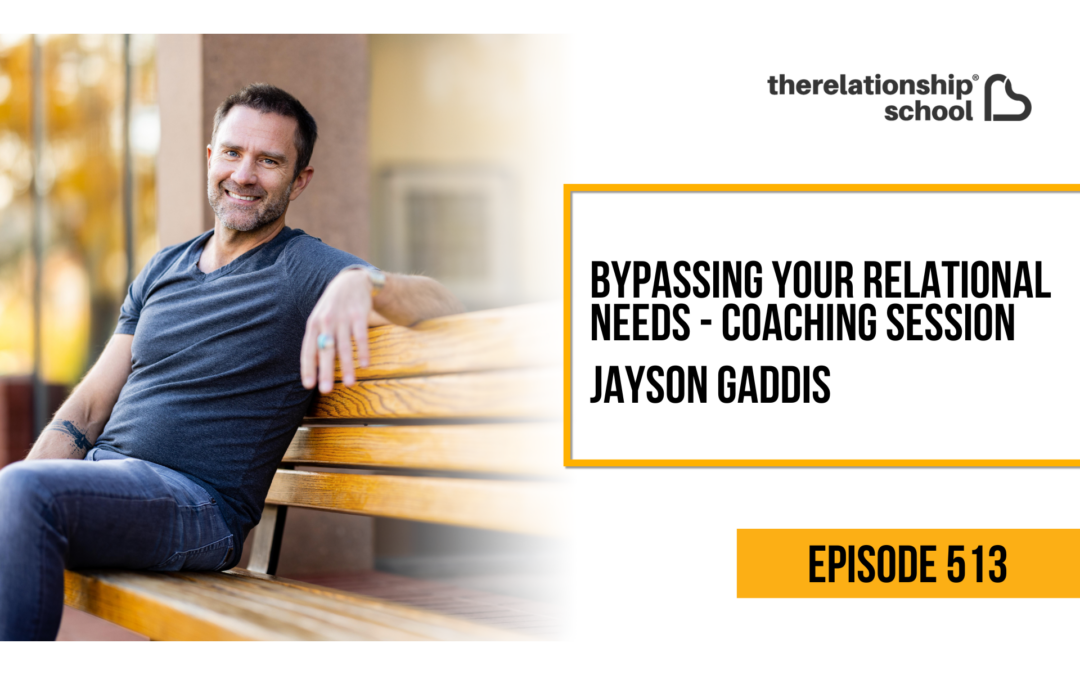
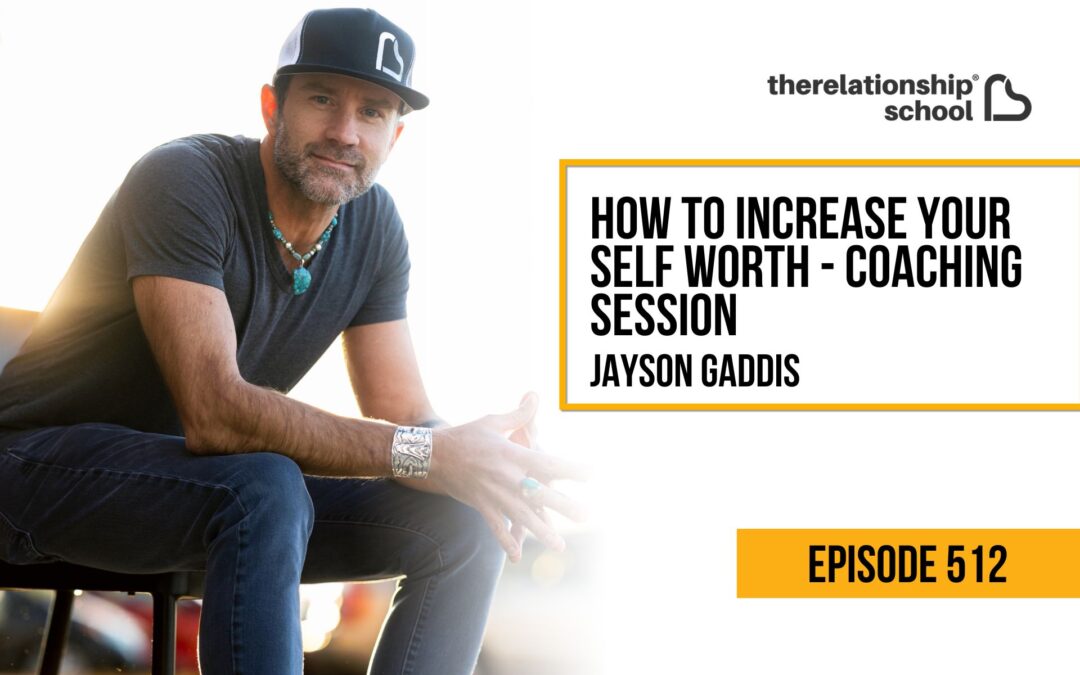
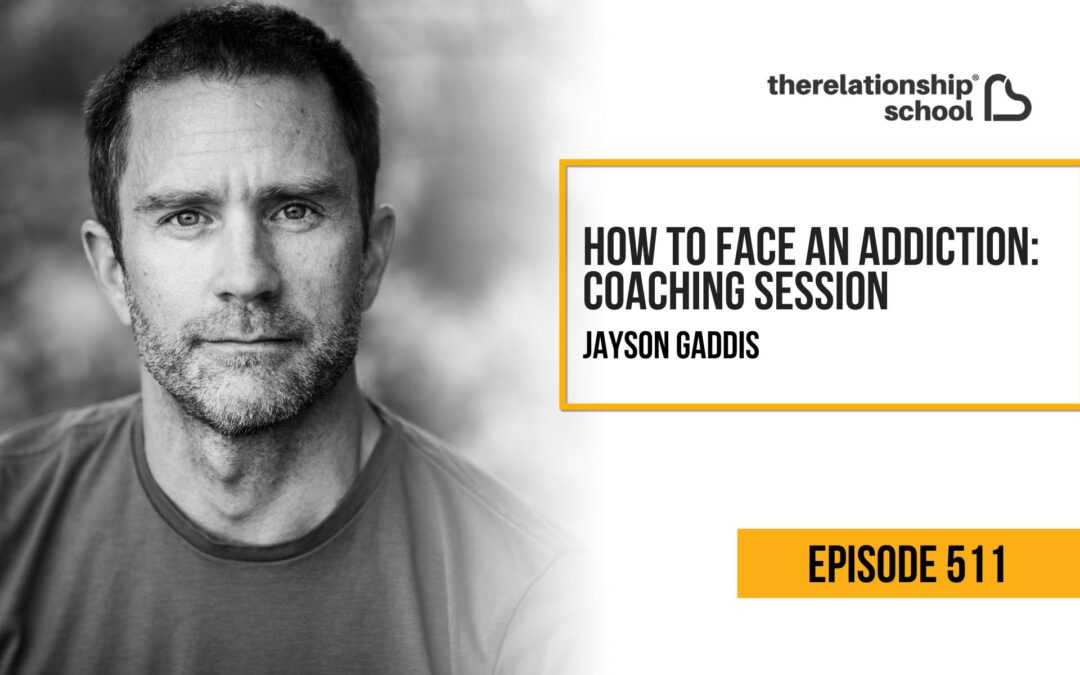
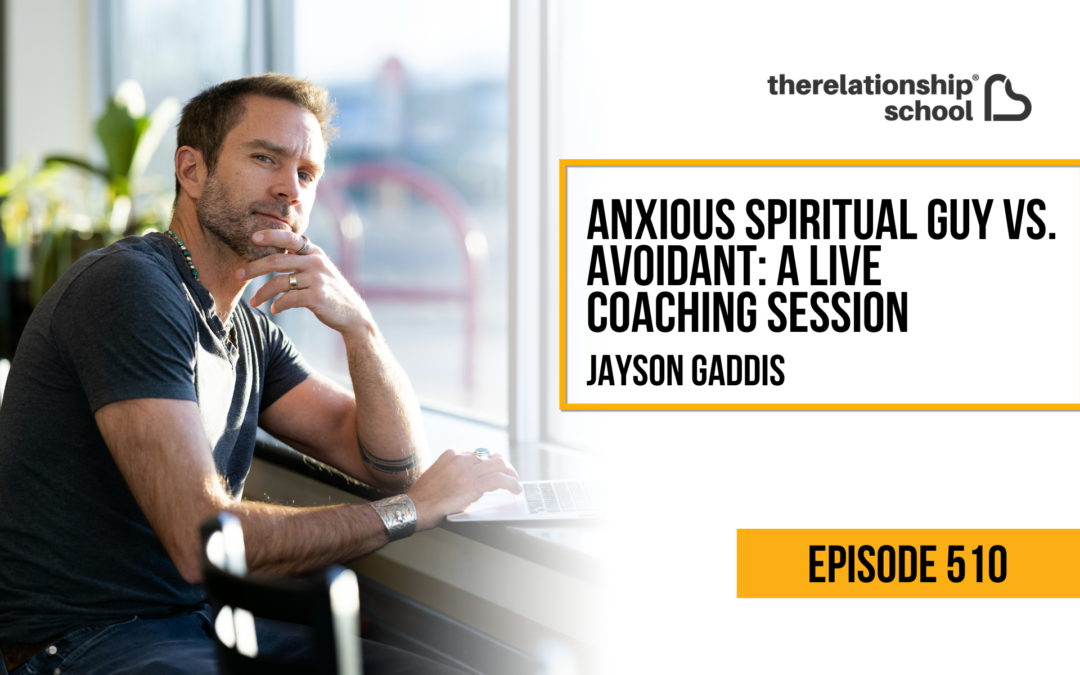
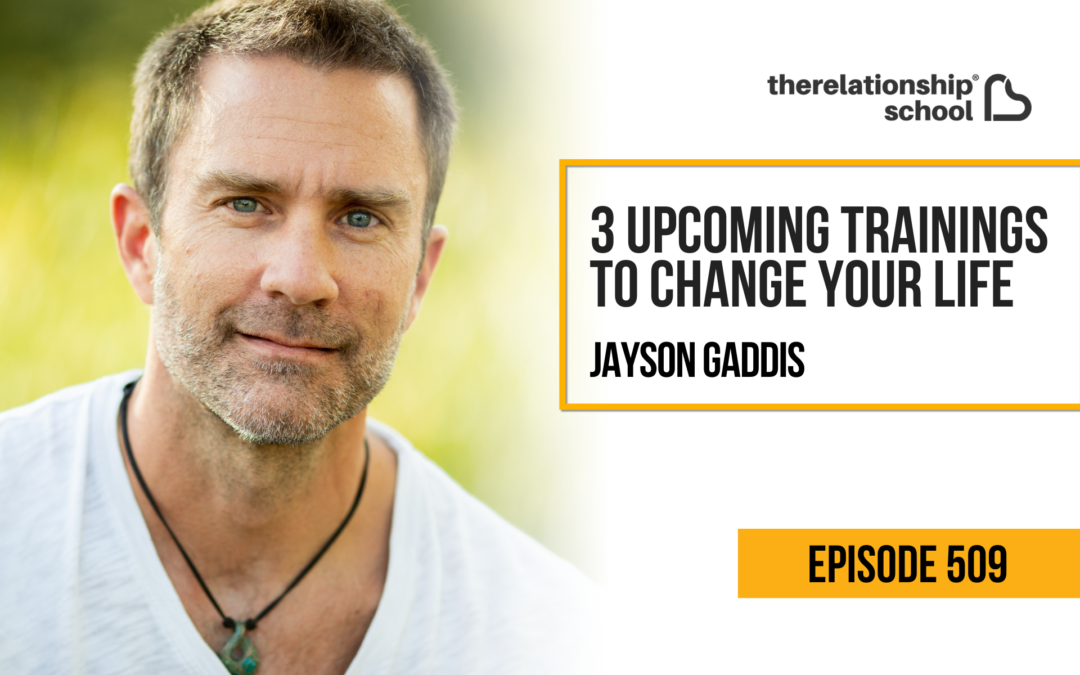









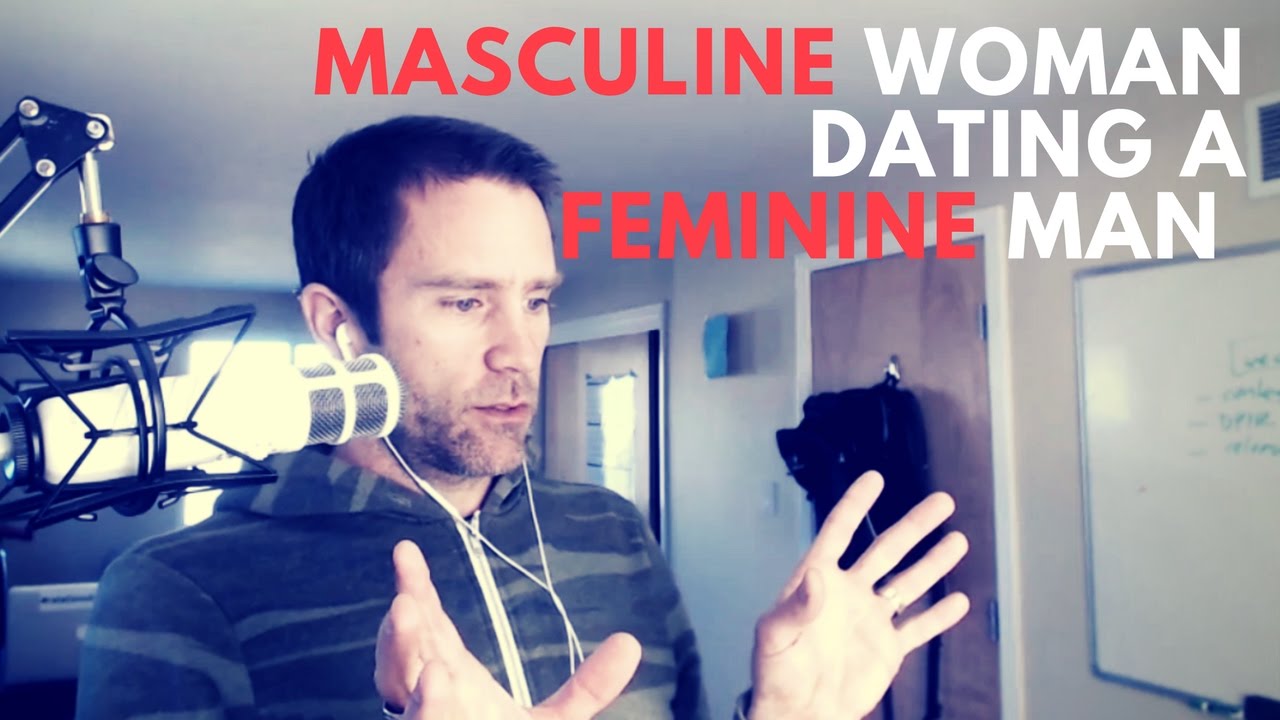

0 Comments